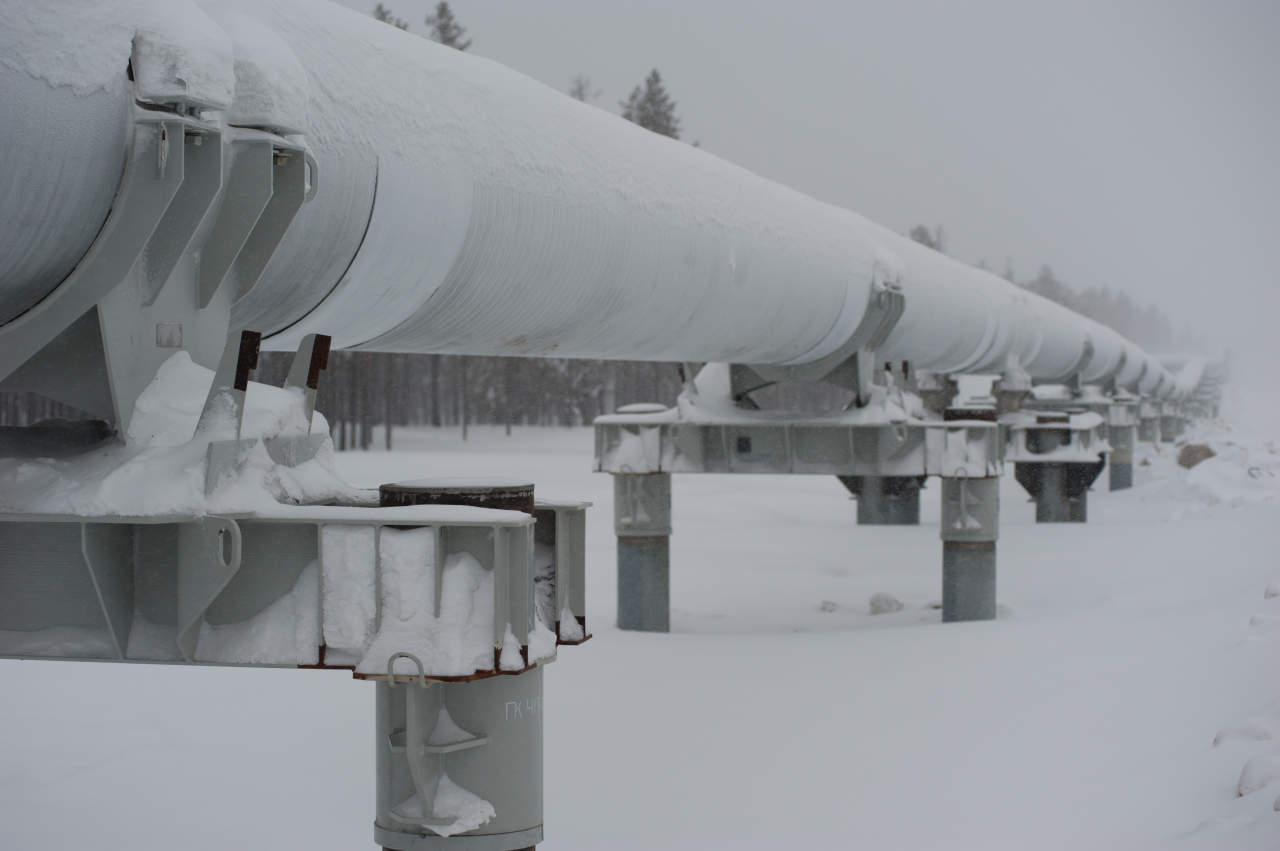Major Russian Pipeline Contaminated, Could Cost Billions
MOSCOW (P&GJ) – After several days of uncertainty and the potential loss of billions of dollars over contaminated oil flowing from Russian pipelines, clean oil seems to finally be arriving back in several Eastern European countries.
Beginning sometime around April 19, Gomeltransneft, the state pipeline company in Belarus, began telling oil major refiners and pipeline operators in Poland, Ukraine, Hungary, Slovakia, and the Czech Republic that crude oil coming in from a major Russian pipeline was heavily contaminated.
For the next several days, major oil companies across Europe cut purchases of up to 1 MMbpd from the world’s second largest oil exporter all with no official word from Transneft, owner of the 3,400-mile Druzhba pipeline network that carried the contaminated oil.
The Russian state-owned monopoly and world’s largest pipeline network moves about 10 MMbpd in Russia and exports an additional 4 MMbpd.
The incident was a huge black mark on the company’s previously reliable record and threw into sharp relief how deeply the European market relies on Russian oil.
"It poses a huge problem for European refineries dependent on Russian pipeline flows," Amrita Sen, at the think-tank Energy Aspects, told Reuters. "While this looks like a one-off, it does raise the question of the need to look for alternative suppliers as a back-up."
The contaminated oil was carrying critical levels of organic chlorides well above the 10 ppm maximum allowed by Transneft. Tests on the oil in Belarus showed levels of 150-330 ppm, according to Gomeltransneft documents seen by Reuters.
The company said it could be May 4 before it started receiving clean oil and it could be several months before normal operations resume.
Due to the nature of the contamination, most of the refineries and terminals that received the oil will need to spend millions to store and dilute the oil to lower the chloride levels. Others who do not have enough storage tanks will have to pump the crude back into Russia or other ports.
"This will take months and Russian exports and even production may have to fall," said Sen, adding that European countries might have to tap strategic oil stocks if the outage lasts longer.”
The incident has left many countries and oil companies scrambling to find clean oil. Poland’s energy ministry has already released 800,000 tons of oil reserves and may have to release more before clean oil returns from Russia.
The bad oil appears to have originated at the Samara Transneft-terminal in the Samara region of Russia where several small, independent producers pump crude into the Druzhba network. The sheer amount of contaminated oil in the pipeline suggests it may have been pumped in for several days or more.
Belarus has estimated as much as 5 million tons could be contaminated worth about $2.7 billion at current prices.
Late last week an aide to Nikolai Tokarev, CEO of Transneft, told Russian media “the contamination was intentional.” He did not name the producers suspected of the contamination and said investigators were searching several private companies in the Samara region.
President Putin of Russia told Tokarev "Listen, someone cheated, but we have suffered huge economic, material and reputational damage." He also said state law enforcement agencies could enter the investigation if Transneft’s internal investigation failed to provide enough answers.
Related News
Related News

- Keystone Oil Pipeline Resumes Operations After Temporary Shutdown
- Biden Administration Buys Oil for Emergency Reserve Above Target Price
- Freeport LNG Plant Runs Near Zero Consumption for Fifth Day
- Enbridge to Invest $500 Million in Pipeline Assets, Including Expansion of 850-Mile Gray Oak Pipeline
- Williams Delays Louisiana Pipeline Project Amid Dispute with Competitor Energy Transfer
- Evacuation Technologies to Reduce Methane Releases During Pigging
- Editor’s Notebook: Nord Stream’s $20 Billion Question
- Enbridge Receives Approval to Begin Service on Louisiana Venice Gas Pipeline Project
- Russian LNG Unfazed By U.S. Sanctions
- Biden Administration Buys Oil for Emergency Reserve Above Target Price





Comments